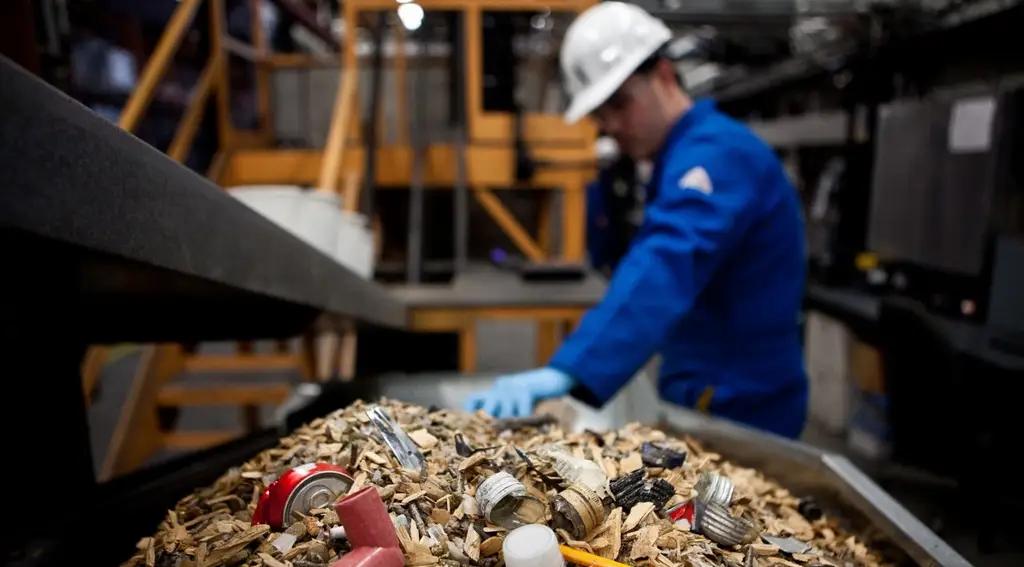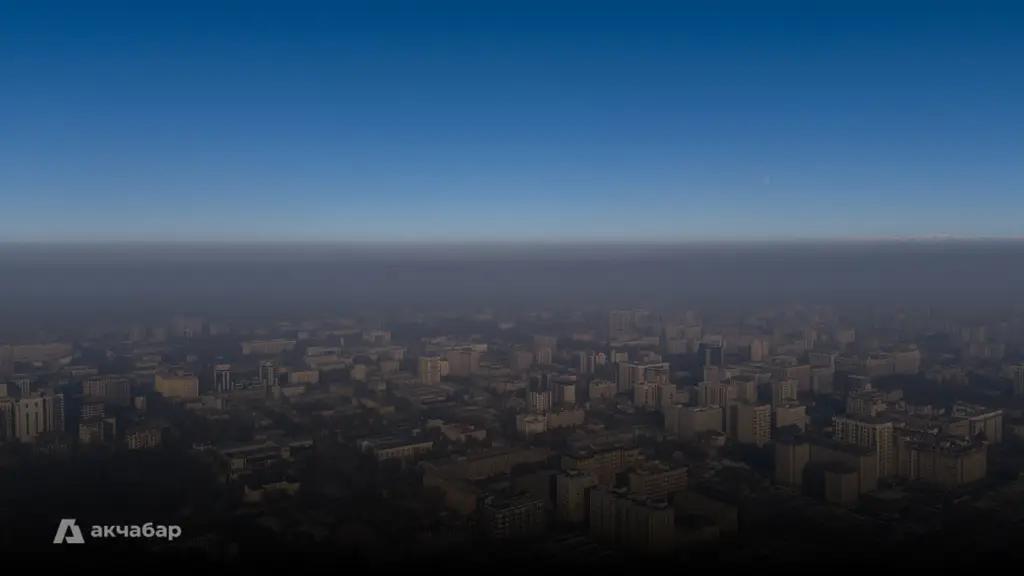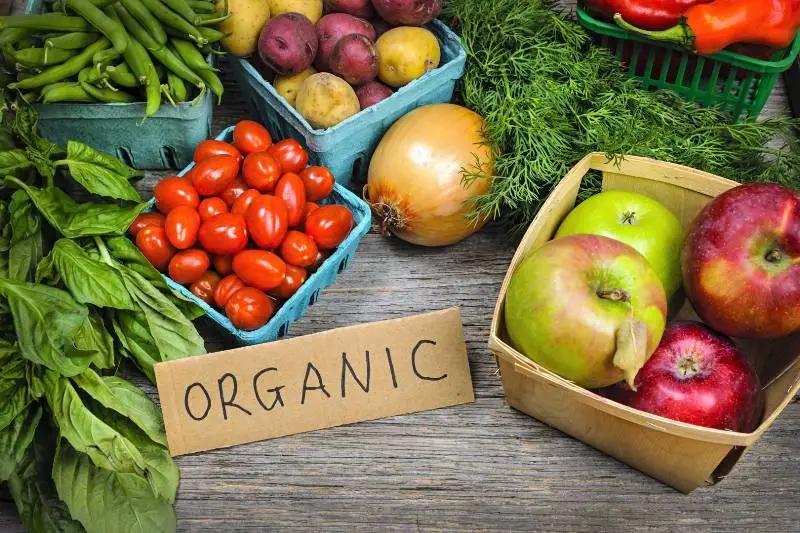
Published
09/28/2024, 12:35Everyone certainly knows the saying: ‘We are what we eat’. In today's changing climate, this saying is more relevant than ever. In their concern for public health, all countries strive for organic products. The FAO predicts that a widespread shift to organic agriculture could produce enough food per capita globally to feed the world's population for decades ahead.
What would seem to be the connection between global climate change and food? As it turns out, the most direct. What we eat and how we produce it affects the environment. Food has to be grown, processed, transported, distributed, cooked and consumed. Each of these stages produces greenhouse gases (GHGs) that trap the sun's heat and contribute to climate change. More than one-third of all human-caused GHG emissions are associated with food.
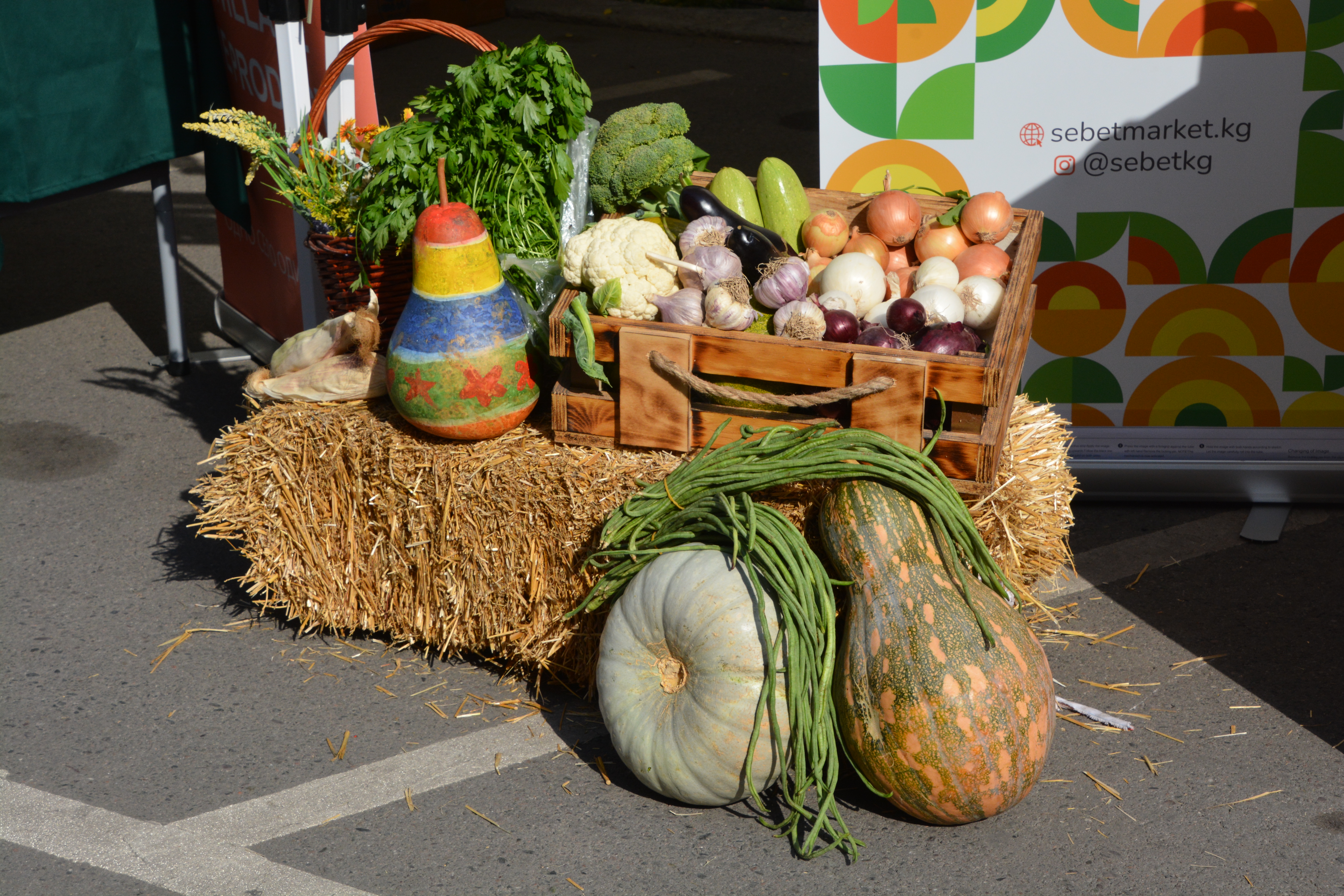
Meanwhile, agriculture and land use account for the largest food-related GHG amount.
Plant-based foods require less energy, land and water resources and demonstrate a lower GHG intensity than animal-based foods.
Organic farming is a production system supporting the health of soils, ecosystems and people. Organic agriculture combines tradition, innovation and science to improve the environment, promote fairness and enhance the quality of life for all involved.
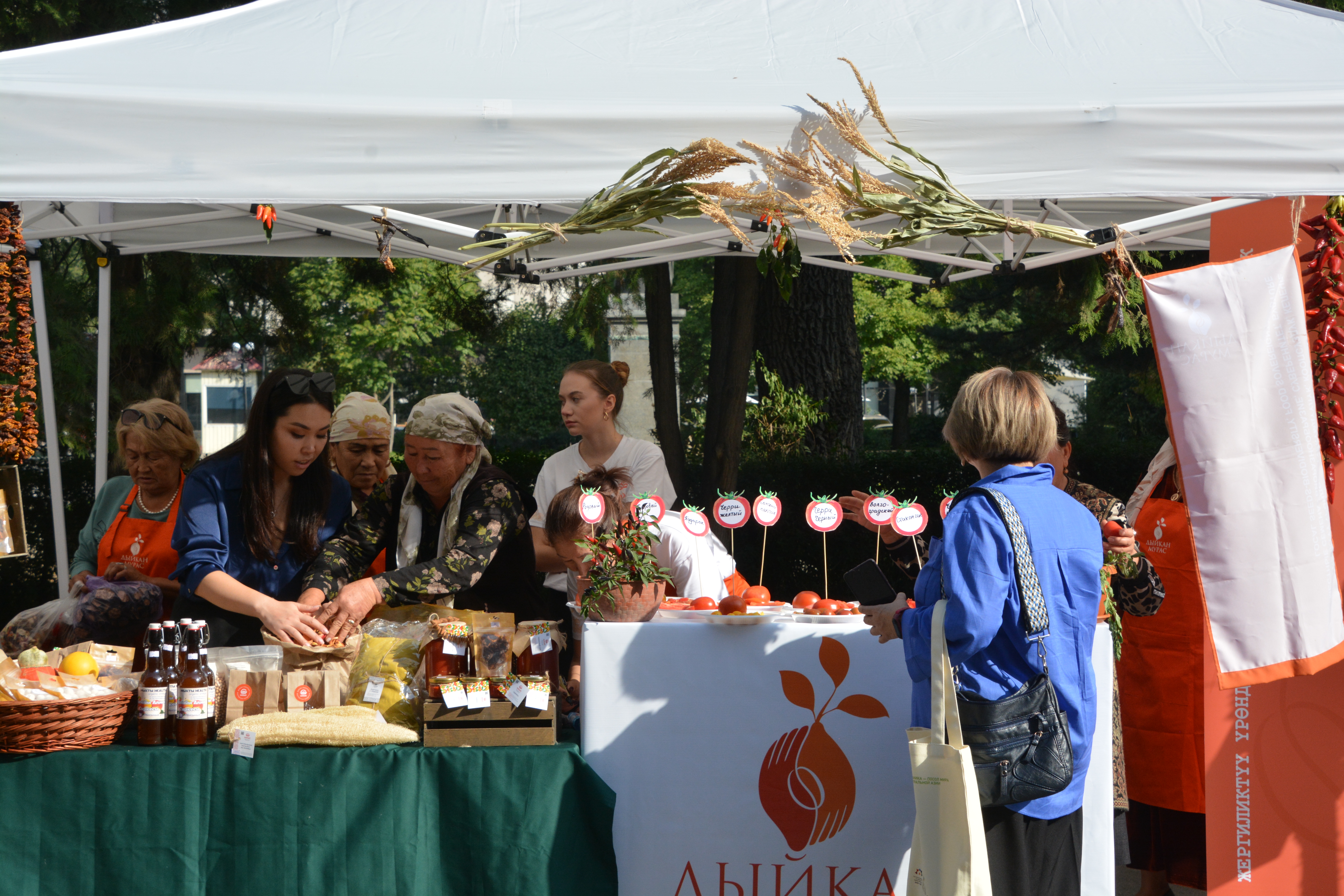
Recently, Bishkek residents had the opportunity to learn more about the new, developing trend of organic products, because Bishkek launched the Central Asian Forum ‘ORGANIC EXPO 2024’: a new step towards a green future for the region. Three days more than 200 experts and 50 speakers from more than 10 countries, including representatives of Kazakhstan, Uzbekistan, Turkmenistan, Mongolia, Russia, Germany and other states.
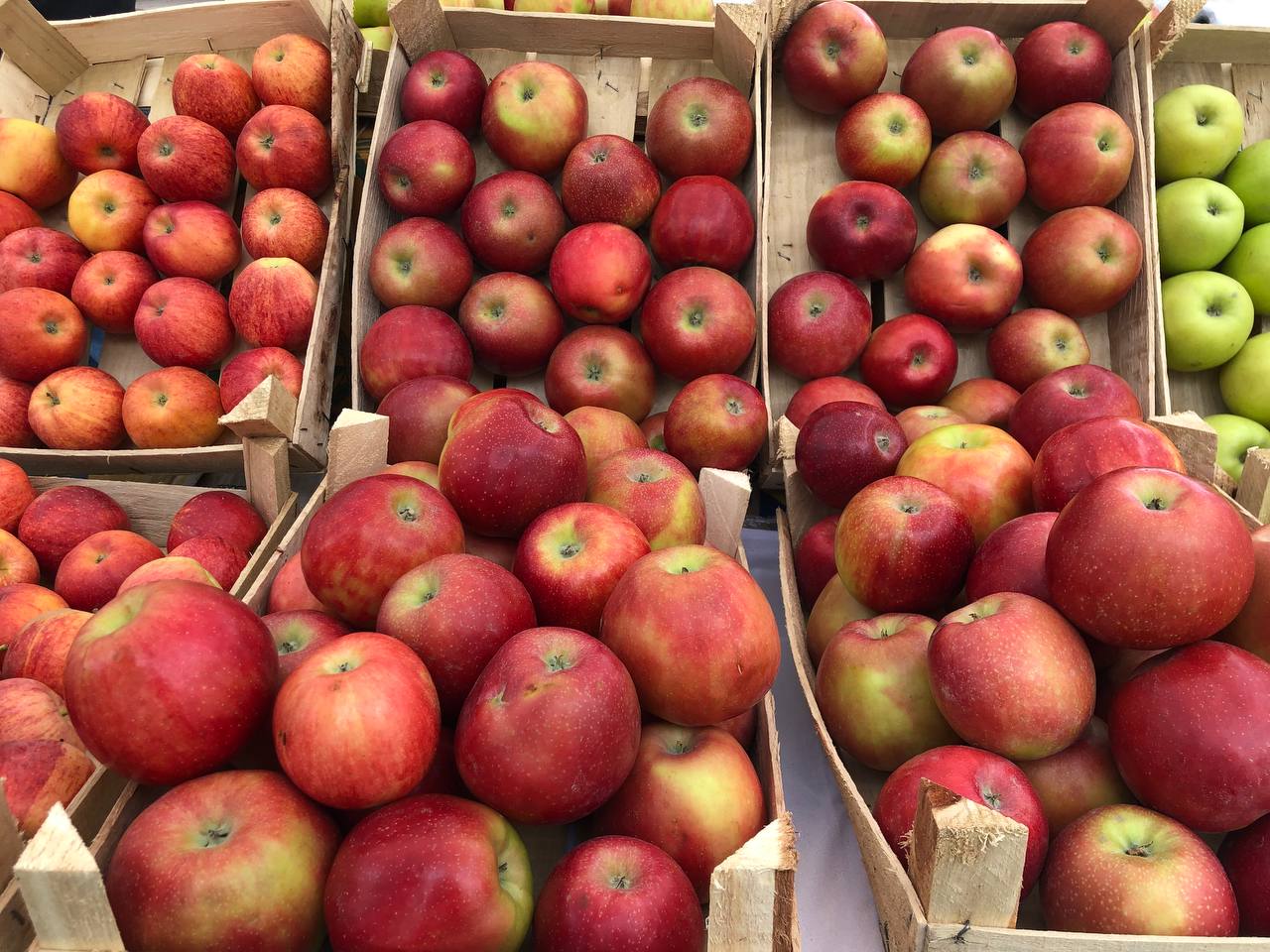
The event was initiated by the Ministry of Water Resources, Agriculture and Processing Industry together with the Secretariat of the Special Representative of the President of the Kyrgyz Republic on the Five-Year Action Plan for the Development of Mountain Regions implementation.
The Forum was supported by many international organisations, including the OSCE, FAO, UN World Food Programme, German Agency for Technical Cooperation, EU, Netherlands Government, Aga Khan Foundation and country's banks.
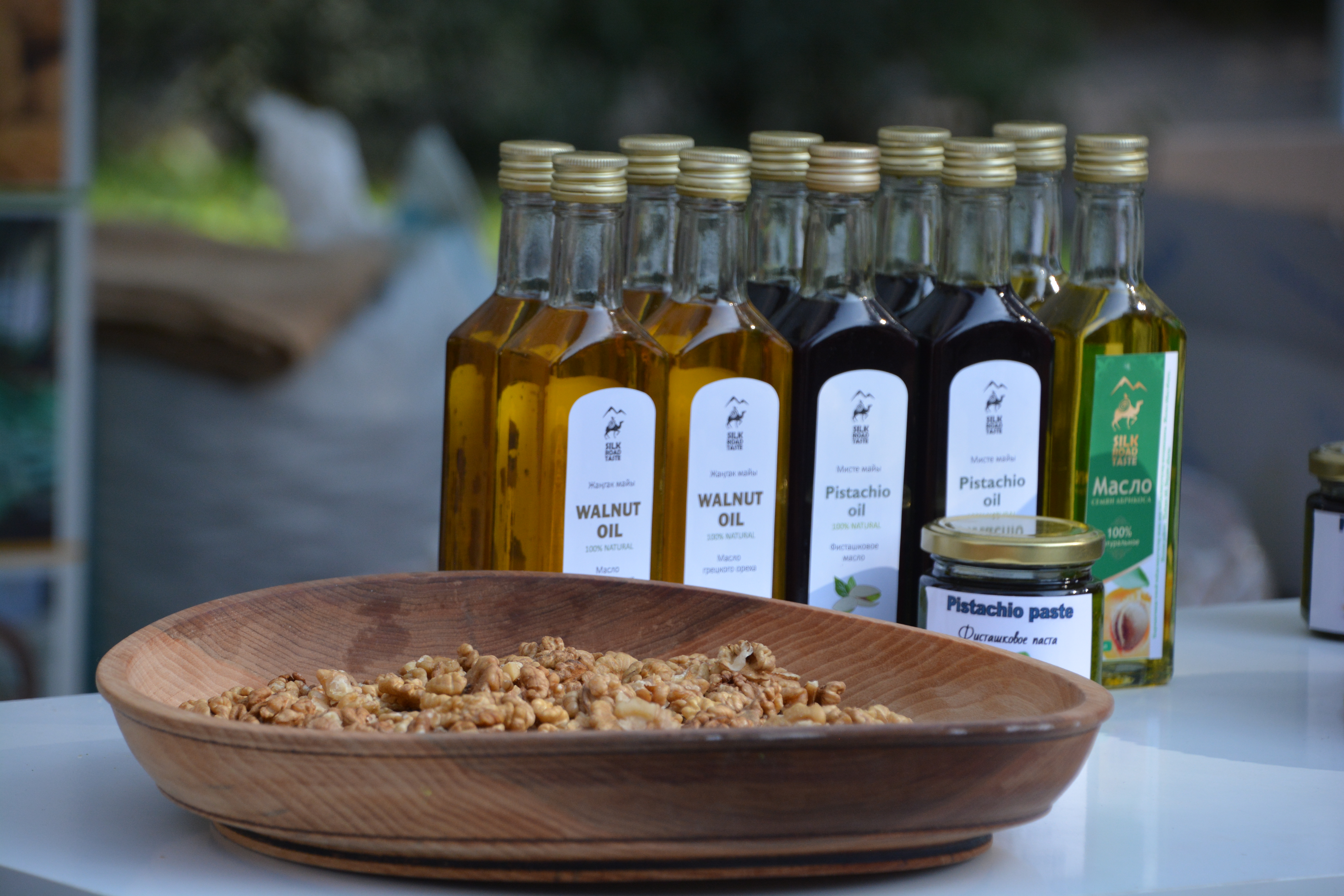
Bakyt Torobaev, Minister of Water Resources and Processing Industry, said that organic agriculture contributes to solving several problems and challenges facing the governments of Central Asian countries. Organic farming helps to improve food security, and the quality of citizens' lives, increase the country's export potential in the regions, and plays a key role in protecting the environment and combating climate change. And is an important link in green transition issues.
‘Central Asia, with its abundant natural resources, requires our collective approach to sustainable utilisation for the benefit of future generations,’ he said.
The forum has adopted the resolution on the Central Asian Organic Agriculture Alliance establishment, which will develop joint standards and initiatives in this area. Panel discussions were held on climate change adaptation, food security, ecology and the role of organics in achieving the UN Sustainable Development Goals. Experts from more than 10 countries began to shape a common regional agenda on organic agriculture.
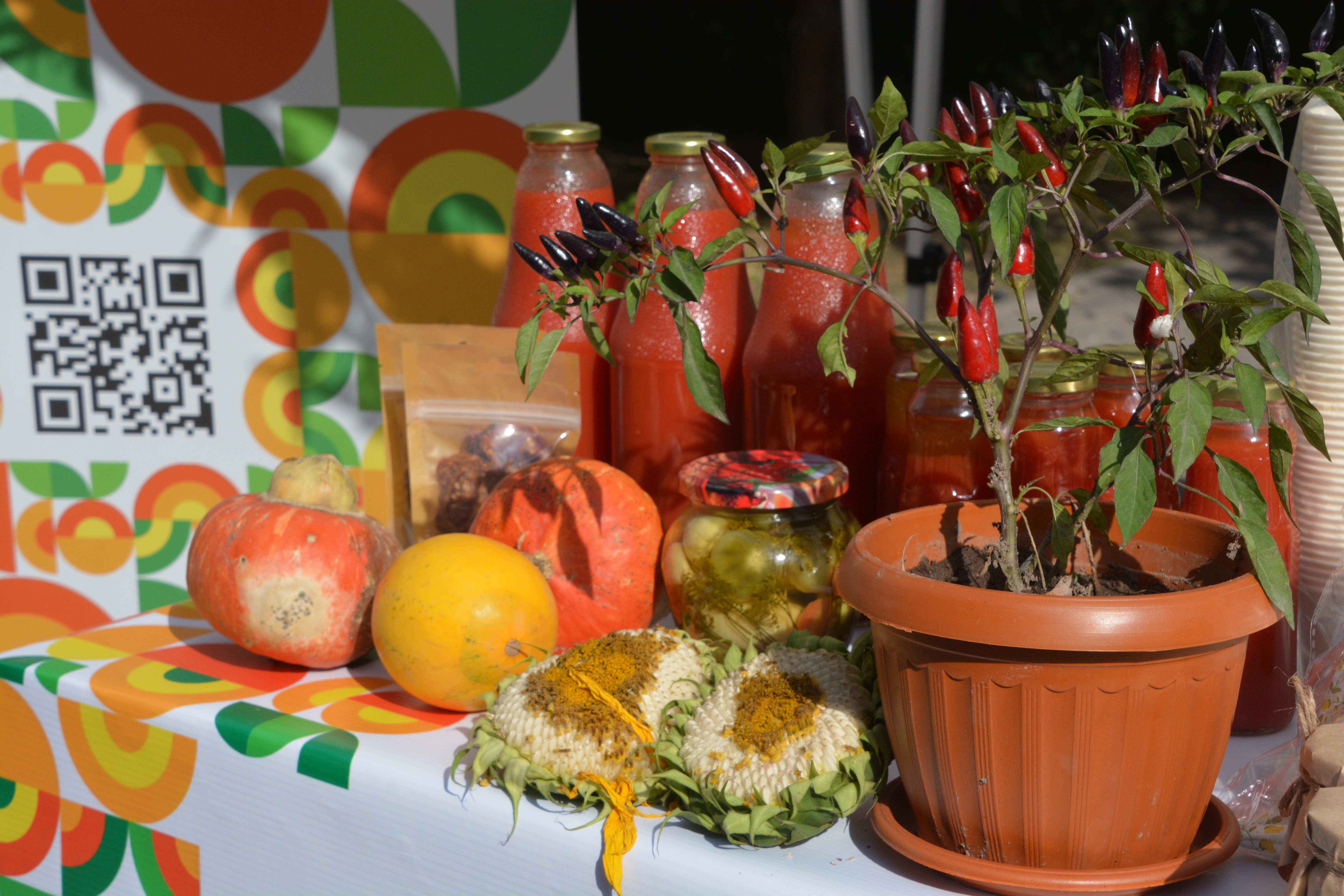
Alexey Rogov, Head of the OSCE Programme Office, stressed the relevance of organic development in the context of environmental challenges. He noted that organic agriculture development could become an important solution for the region's sustainable development.
Zhamilya Imankulova, founder of EcoFarm from Kyrgyzstan and one of the regional forum organisers, considers organic agriculture to be not just an important area but a strategic necessity too. She emphasises that organics not only help to mitigate the effects of climate change and preserve natural resources but also open up new economic opportunities and increases the Central Asian countries' export and trade potential.
"Our region has all the necessary resources to offer the world our unique trade offer. We still have a chance to become one of the global players in organics, which will entail long-term economic growth, improved living standards, security, and sustainable peace in the region,' Zhamilya Imankulova stressed.
It is important that the forum acquires a regional character and the next one will be held in Almaty in 2025.
"Organic production is of great importance for us. You can grow a product on 1 hectare of land and send it for export also, but if you invest a little more labour and make this product organic, such a product can potentially be sold 10 times more expensive. It's very important for us that not only Kyrgyzstan but also neighbouring countries are perceived in the world community, and consumers in the food market, as environmentally friendly countries. And, of course, we need to sell our products, conscientiously grown by our farmers. Therefore, we have set a task to increase the agricultural area for organic products three times by 2030,’ Deputy Chairman of the Cabinet of Ministers Edil Baisalov added.
He also noted that the demand for organic products from Kyrgyzstan is very high in the food markets of all countries. But we lack commodity volume, so the cooperative movement is being revived.
It is necessary to unite, to grow products in commercial quantities so that we could provide large orders and ship large volumes all year round. If, for example, one village grows apples, berries or plums, the whole community should cultivate the same type of fruit to supply trade networks in Europe, Asia and the nearest neighbours.

Dinara Ashimova, Deputy Chair of the Council for Sustainable Development in the Context of Climate Change, is convinced that Kyrgyzstan today is setting the start of the organic movement, which should cover the whole of Central Asia. In Kyrgyzstan, both the head of state, the Cabinet of Ministers and the Parliament are committed to organics. More than 20 organic aymaks have been established in the country, and more than 1000 farms have completely switched to organic production.
"In Parliament, the Law on Biological Safety was adopted in the first reading. A law on food safety is under development. I will also soon bring the law on chemical safety for discussion. MPs are investing efforts to legislatively protect our citizens from harmful products,’ Dinara Ashimova, Deputy Chair of the Council on Sustainable Development in the Context of Climate Change said.
In her words, all the region's countries must unite to make Central Asia the world's leading region.
Farmers, heads of eco-companies, presenting their products, noted that organic products are always more popular. By the way, the choice was great: different varieties of honey, vegetables and fruits, pastilles, dried fruits, and various sweets, in which all vitamins are preserved.

Samara Kushubakova, founder of the company ‘Nakta Like’ presented more than 15 kinds of pastilles: banana, strawberry, grape, apple, pumpkin and even beetroot. The company also makes sets of mixed nuts, and compotes, dried citrus and berries to order. Cafes and restaurants usually order the products.
"Our products have been on the market for four years. All raw materials are natural, and we take them from local farmers. And the products are without sugar and additives, cooked on a special machine. Pastila is dried for 24 hours at a minimum temperature to preserve all the benefits of vitamins. Our products are sold on the local market and exported to Japan, Kazakhstan and Russia,’ Samara Kushubakova said.
Dinara Kemelova, Special Representative of the President of the Kyrgyz Republic for the implementation of the five-year action plan for the development of mountain regions, said that for several years now a group of enthusiasts has been promoting the organic movement in Kyrgyzstan.
"Kyrgyzstan, with 94 per cent of its territory covered by mountains, together with partner countries is promoting the mountain agenda globally, especially within the UN. Today, it is more important than ever to recognise that organic agriculture in Central Asia can become a key element of sustainable development in our region. It contributes to preserving ecosystems, improving people's quality of life, creating new economic opportunities and promoting green technologies,' she noted.


